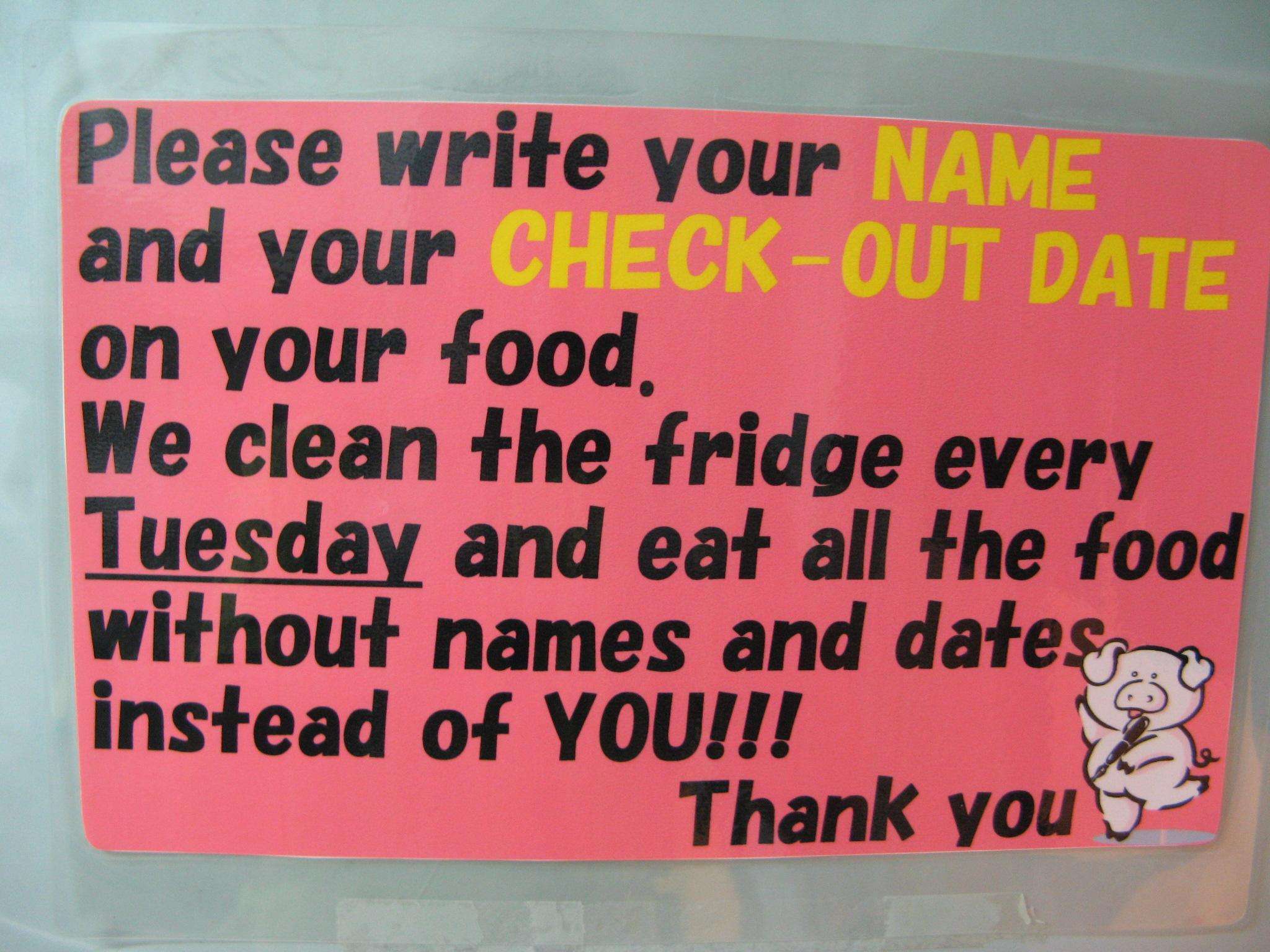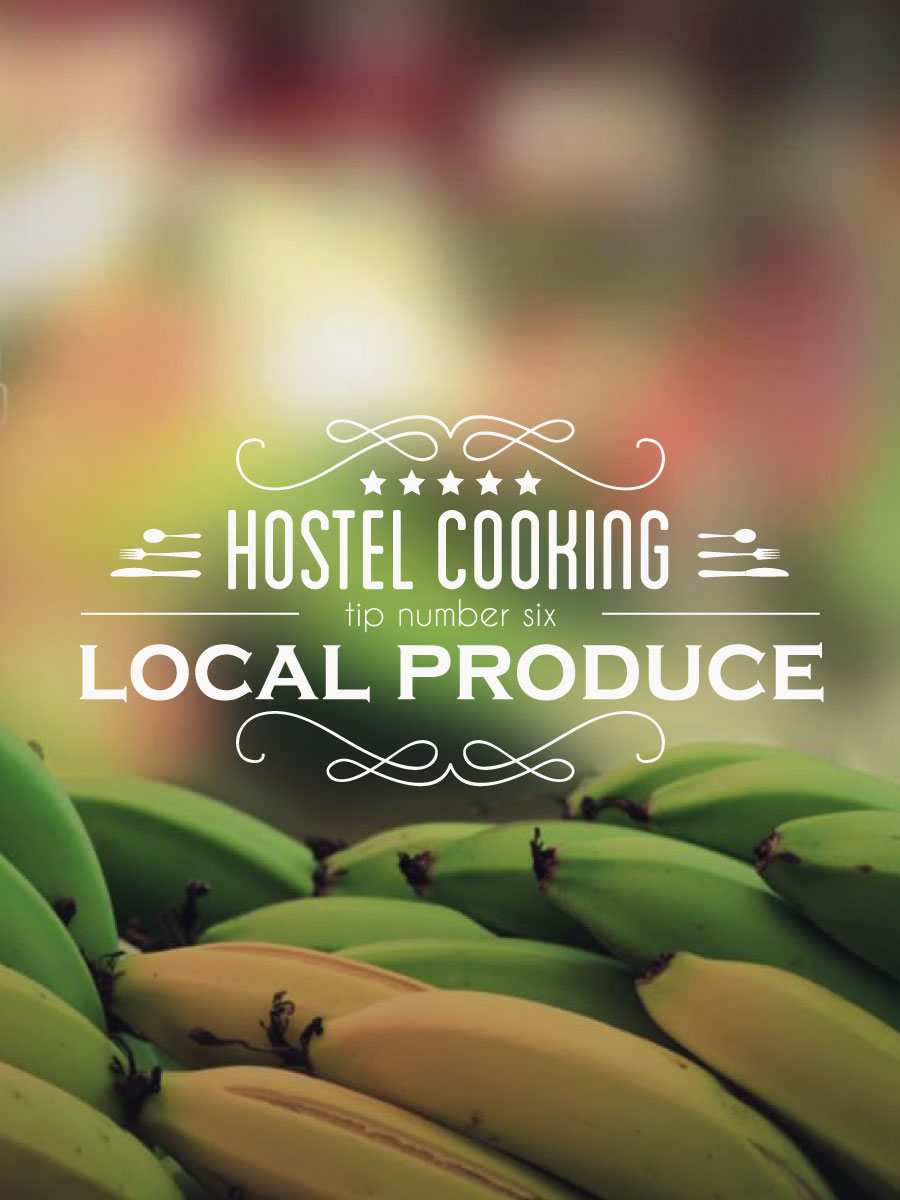Tip #6
How to Cook Local Produce
Once you’ve figured out where to get your food, think about what you’re going to make before you purchase a bunch of stuff you’ll never use.
Yes, I know, easier said than done when you’re looking at a variety of produce you’ve never seen before in your life!
So make conversation with the vendors and find out what things are, and how you can cook them. If they’re not too busy, (and you’re being friendly) they’ll be more than happy to share their knowledge, after all, you’re making an effort to understand the culture!
Make friends
If you don’t speak the local language–or if you’re generally intimidated by talking to strangers, or if you really like meeting new people–take a local friend with you! (If you missed it last week I explained a couple quick ways to make local friends)
You could also do some google research on local produce and recipes before you head to the market, but to me that takes part of the fun out of it.
Learn to Deal with Leftovers
Once you know what you’re going to make, think about leftovers. Sometimes you’re forced to buy more than you need of something and you’ll need to cook it with your next meal.
[Tweet “Find complimentary ingredients that can make consecutive meals.”]
Only do this if you have the space back in the hostel kitchen for your extra groceries and your leftovers. Get creative. Tonight’s soup might be tomorrow’s risotto broth, for example.
It’s OK to Fail
Also consider the fact that you might fail completely at the meal you’re about to attempt making. It’s all in good fun.
[Tweet “It’s not easy cooking, and it’s even harder cooking things you’ve never cooked before.”] So have a back up plan, just in case, and start cooking early.
This is, of course, less and less likely as you travel the globe, cooking new ingredients everywhere you stop. You’ll start to get a handle of what types of produce get cooked which way without even needing to ask, and you’ll start to notice patterns as to what goes together.
As a general rule, things that grow together go together. Basil and Tomatoes are great companion plants when growing, and are great paired in a dish as well. Of course, you need to know a bit about growing plants for that, maybe a week on a local farm is in order?
What’s more, animals are great with the foods they eat. Poultry is great with grains, pork with cooked fruit. Stronger tasting meats are best with stronger tasting herbs, hence goat and mint. Traditional dishes are a great way to start you off, especially if you know nothing about where food comes from in general, or at least not in this part of the world.
You can also eat a few meals at local restaurants to get the handle on the local cuisine before you try your hand at it. (or after, for comparison)
Label your Food
Now when you’ve made your meal, and succeeded enough to have leftovers worthy of looking forward to, make sure to label your food in the hostel fridge.

Not labeling your food might mean someone else eats it thinking it’s a free-for-all, or it might end up growing mold in the fridge three weeks after you’ve gone and forgotten about it there, and everyone thought it was someone else’s.
Start simple. You’re not going to make won ton soup from scratch on your first try! In fact, you might never get that done in a hostel kitchen. We’ll talk more about that next week.
Do you have local produce horror stories? Or tips I’ve forgotten?
If you missed any, check them out right here:










One comment